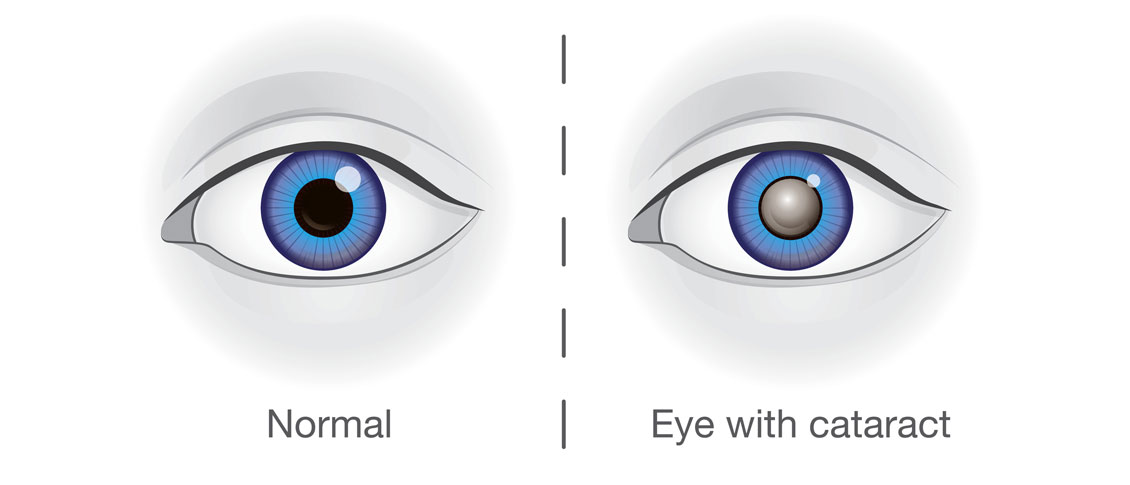Blog

It is safe to say that many people prefer shopping online to shopping in stores for many of their needs.
With technology constantly improving and evolving, people tend to take advantage of the convenience of shopping online. Whether it’s clothing, electronics, or even food, you can easily find almost everything you need on the Internet.
Eyeglasses, unfortunately, are no different. Many online shops have been popping up in recent years, offering people that same convenience. But what they don’t tell you is that it comes at a price, and this article’s purpose is to shine a light on the negatives of shopping online for eyeglasses.
Here are some important reasons to avoid the temptation of ordering glasses online.
- Accuracy- Instead of saving the most important point for last, we will focus on the main reason that ordering eyeglass online is a bad idea first. Product accuracy is a huge reason that the online market has not completely taken off. Every person who needs...

You’ve been diagnosed with a cataract and you’ve been told you should have cataract surgery. The surgeon is also telling you that you should consider paying extra out of pocket it for it.
Where did this come from? Why should you have to pay out of pocket for cataract surgery? Shouldn’t your health insurance just cover it?
In trying to answer those questions, you will first need a little history of both cataract and refractive (correcting errors of refraction such as nearsightedness, farsightedness and astigmatism) surgery.
Radial keratotomy (RK) was the first widely used refractive surgery for nearsightedness. It was invented in 1974 by Russian ophthalmologist Svyatoslav Fyodorov, and it was the primary refractive procedure done until the mid-1990s. Then it was surpassed by the laser procedure called PRK and then, eventually, LASIK; they are still the predominately pure refractive surgeries done today.
Cataract surgery has its origins all the way back to at least 800 BC...
Read more: Why Do I have to Pay Out of Pocket for Cataract Surgery?


